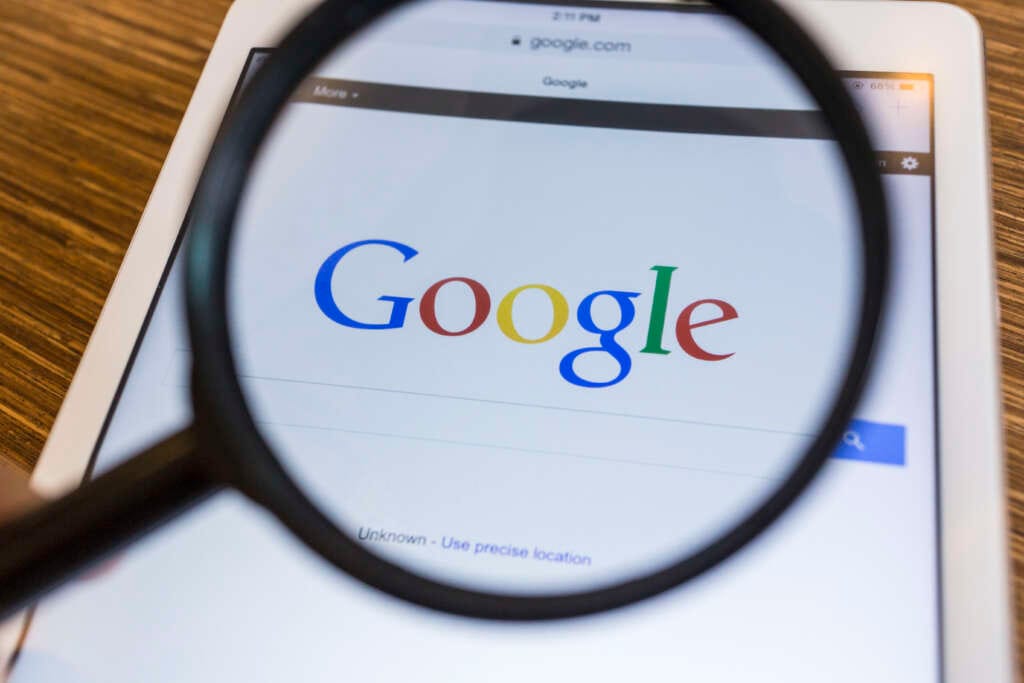

By Kate Cox, CMO BrightBid
Technology has changed our relationship with content. The internet is growing at an exponential rate. Search engines have become indispensable tools for helping us navigate the ocean of information at our fingertips – but they aren’t perfect.
It’s still a time-consuming task to search through a results list for the right answer. Microsoft estimates that half of the 10 billion search queries made in a day go unanswered because people are not able to use search engines properly. While Gen Z are gravitating towards platforms like TikTok for their search needs because it provides a more engaging experience than traditional search engines like Google.
Enter AI.
The rise of Artificial Intelligence (AI) and natural language processing (NLP) is helping search engines better understand queries and respond in a human-esque way. This conversational style is changing the experience of search engines, and the expectations of the people using them.
It’s All in The Conversation
Open AI’s ChatGPT attracted 100 million monthly users within the first 2 months of launching, a feat which took TikTok about nine months and Instagram two and a half years to achieve. It introduced the world to a conversational way of search, using NLP to understand context and intent – and then respond with accurate, relevant, and personalised answers.
For example, when you ask ChatGPT for a chicken dish recipe, it provides a list of ingredients and measurements straight away. Not just a page of sponsored links. it doesn’t just speak – it listens. It’s able to retain contextual information over the dialogue. So a user can ask what to pair the chicken dish with and get a relatable response.
Conversational search engines not only make life easier and save thousands of hours on search, but also democratise access to information. People who are not so tech-savvy can now be provided with relevant and personalised responses without having to deal with complicated search algorithms or typing long-tail keywords.
With conversational search engines, the way we search will become more relatable, more engaging, and most importantly, more human.
Speaking from experience
What we want – and expect – from search engines is changing.
Google’s search advertising revenue fell by 1.6% in Q4 2022 compared to Q4 2021. There are growing frustrations from users about how search has become too cluttered with irrelevant adverts – negatively impacting the user experience.
The world is evolving and the way users want to experience content has also changed overtime. Hootsuite’s 2022 Social Trends survey found that 24% of marketers considered TikTok effective for reaching their business goals, compared to just 3% in the previous year accounting for a 700% increase.
It’s not just about what we see but also how we see it. ChatGPT is designed to be as minimalistic and unobtrusive as possible. The best user experience is one in which the user is not even aware of the interface – allowing users to focus on the conversation and the task at hand. Customer experience goes a long way in retaining user engagement.
Search now goes beyond just answering queries – it now helps users make sense of things they don’t understand and in ways that work best for them.
Search Wars
Big tech are well aware of changing consumer habits and requirements to innovate. We’re seeing rapid movements across the board as companies keep up with competitors.
Microsoft’s integration of ChatGPT into its Bing search engine is huge – the Bing app has seen a 10x jump on the app store. In direct response to Microsoft’s Bing, Google revealed its own chatbot named “Bard” but they may have moved a little too fast too soon as BARD provided inaccurate information during its promotional live launch, reportedly taking $100bn off the company’s market value.
In China, the leading search engine, Baidu, is also rumoured to be working on its own version of the interactive search engine which caused its share price to rocket. More recently Alibaba, the chinese e-commerce giant confirmed that it’s also working on its own AI chatbot – it’s ramping up to be an exciting race for the AI “Olympics”.
The Year of Efficiency
Mark Zuckerberg dubbed 2023 as the ‘year of efficiency’. This shift to efficiency is largely propelled by the realisation that people, brands and businesses want to make their lives easier and more efficient. Marketers using paid search face CPC inflation and immense competition for share of voice in a saturated digital market. Now AI tools optimise their marketing campaigns and free up talent for creative tasks.
With search advertising almost 40% of total ad spend (AA-WARC), this shake up in the world of search means that paid search marketers now have an opportunity to capitalise on AI solutions even further. We may see some searches and social media platforms catering to more day-to-day informational queries like best restaurants and holiday destinations while other searches on more in-depth B2B fact finding queries may remain relatively unaffected. Marketers’ knowledge of this distinction will make for more efficient advertising according to campaign needs and guarantee better returns.
AI is changing everything. It’s improving the relevance of results, democratising access to information and – most importantly – saving people time. Contrary to what we thought might happen – AI is actually making our digital lives much more human.


